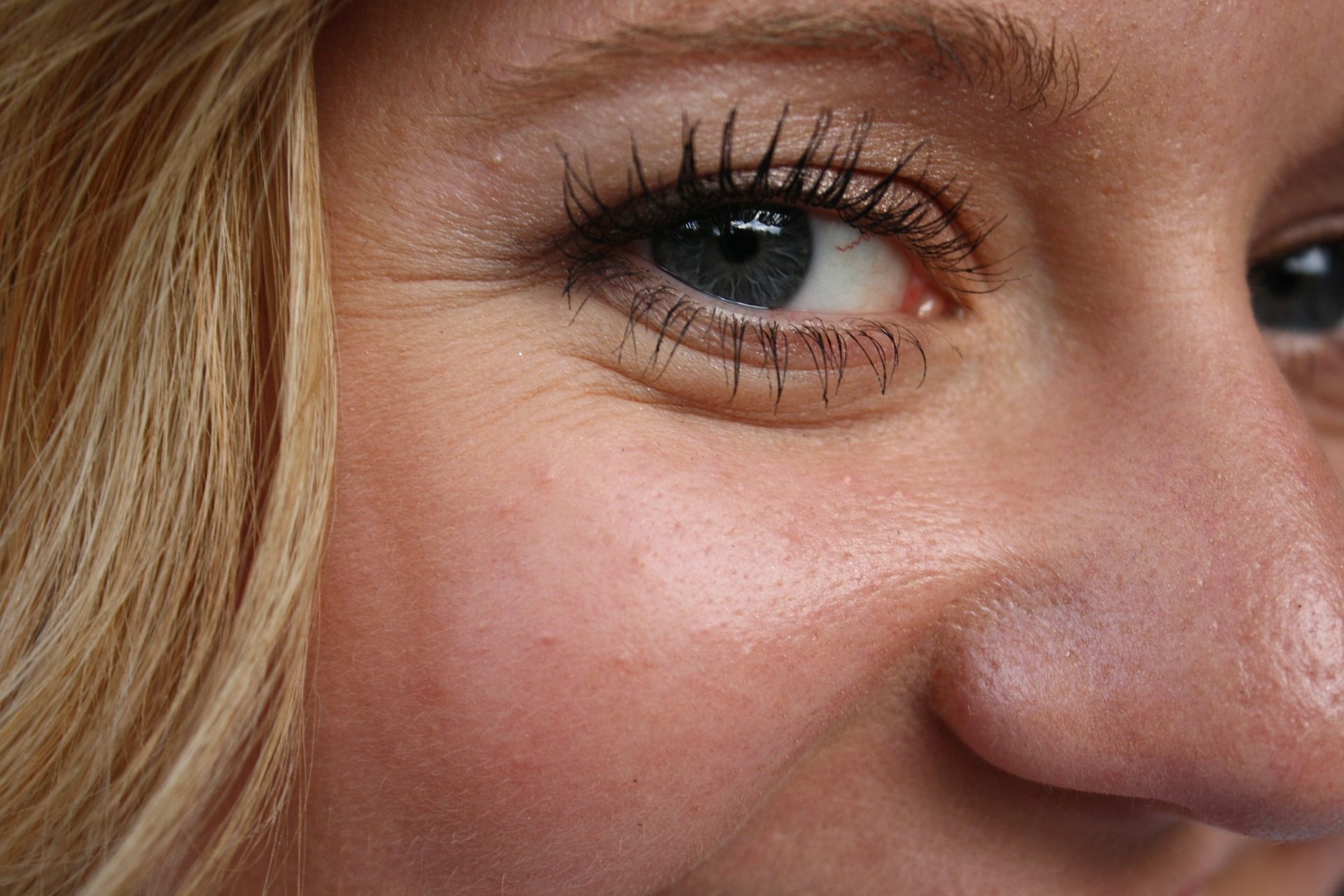Divorce is a major life change that can take both a physical and mental toll on you. The health-related implications of divorce are especially high if you are separating later in life.
The divorce rate in people over age 50 has doubled since 1990. This increase in older divorce, known as ‘gray divorce’, has many effects on those splitting – including health risks. As older couples continue to go their separate ways, it’s important for them to recognize the potential health issues related to their divorce:
- Isolation: When you separate from your partner later in life, you may lose consistent companionship. Your children are most likely grown and out of the house. If you’re retired, you may lack the daily interaction that work brings. Isolation is a serious health risk, as it’s linked to poor mental health and chronic disease.
- Depression: A decline in mental health, often resulting in depression, can be a side effect of divorce. Aside from the sadness and lack of motivation associated with depression, it’s also connected to heart disease, Parkinson’s disease and type 2 diabetes.
- Insomnia: Sleeping problems such as insomnia are already prevalent in older adults. Stressors like divorce can worsen them. Insomnia leads to lack of energy during the day, so completing basic tasks can become difficult.
This may feel daunting. However, there are helpful steps you can take to successfully combat these health issues during a divorce:
- Socialize: One of the easiest ways to deal with isolation is by getting out of the house. This could mean simply running errands or going for a walk through the neighborhood. Other helpful solutions include calling friends and family, joining a club or adopting a furry friend.
- Seek therapy: Mental health issues are often resolved through therapy and medication. Talking to a therapist can help you work through the negative feelings that come with divorce. Therapy is a very effective way of dealing with depression.
- Prevent poor sleep: Cutting back on caffeine and daytime napping can help you sleep better at night. Consulting a doctor is also beneficial. Doctors can provide insight and prescribe medication for ongoing insomnia.
It’s clear that divorce can impact your body and mind. Fortunately, there are ways to keep yourself healthy during a divorce. Keep these steps in mind as you move through your separation so your well-being doesn’t suffer.





